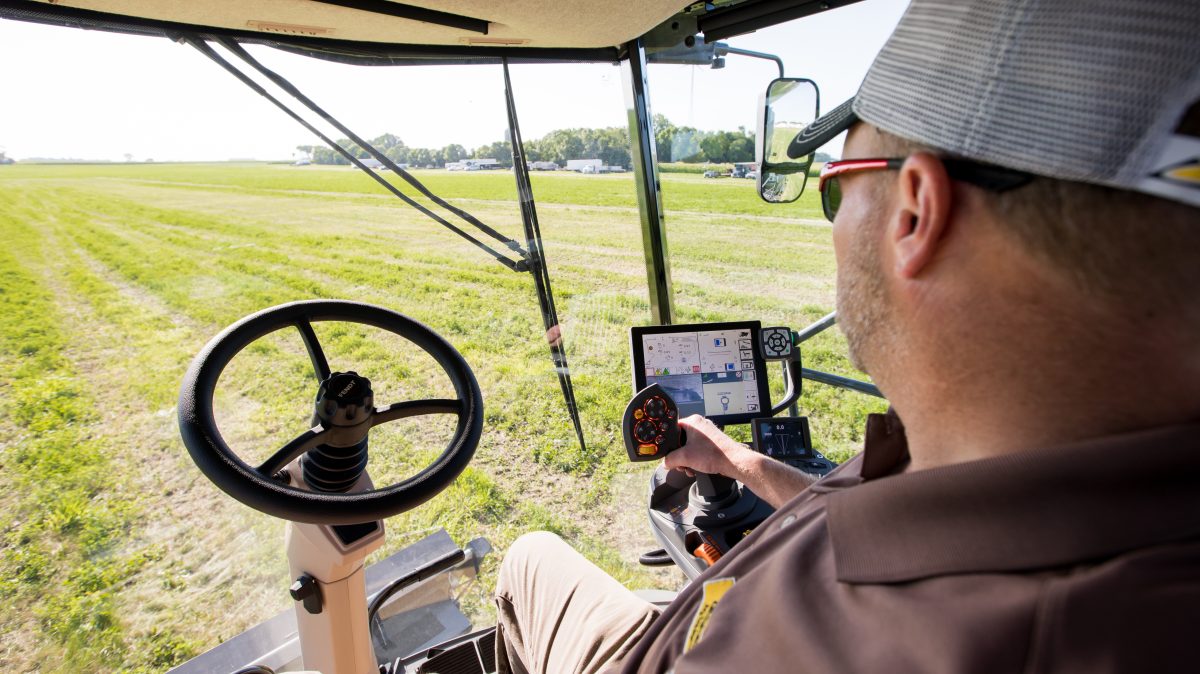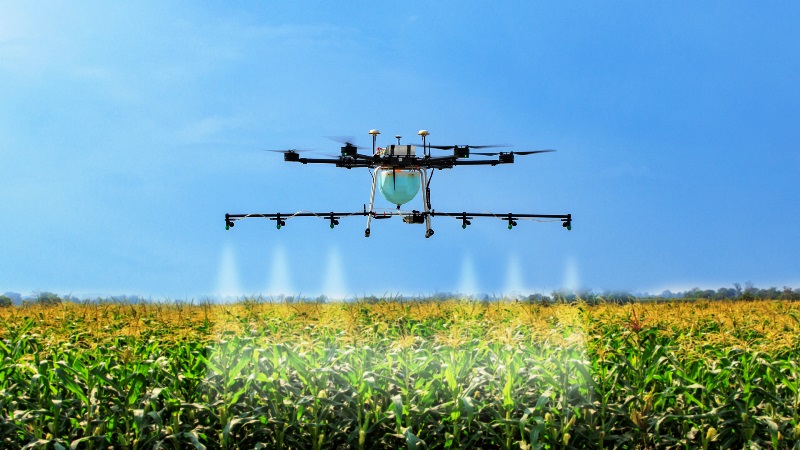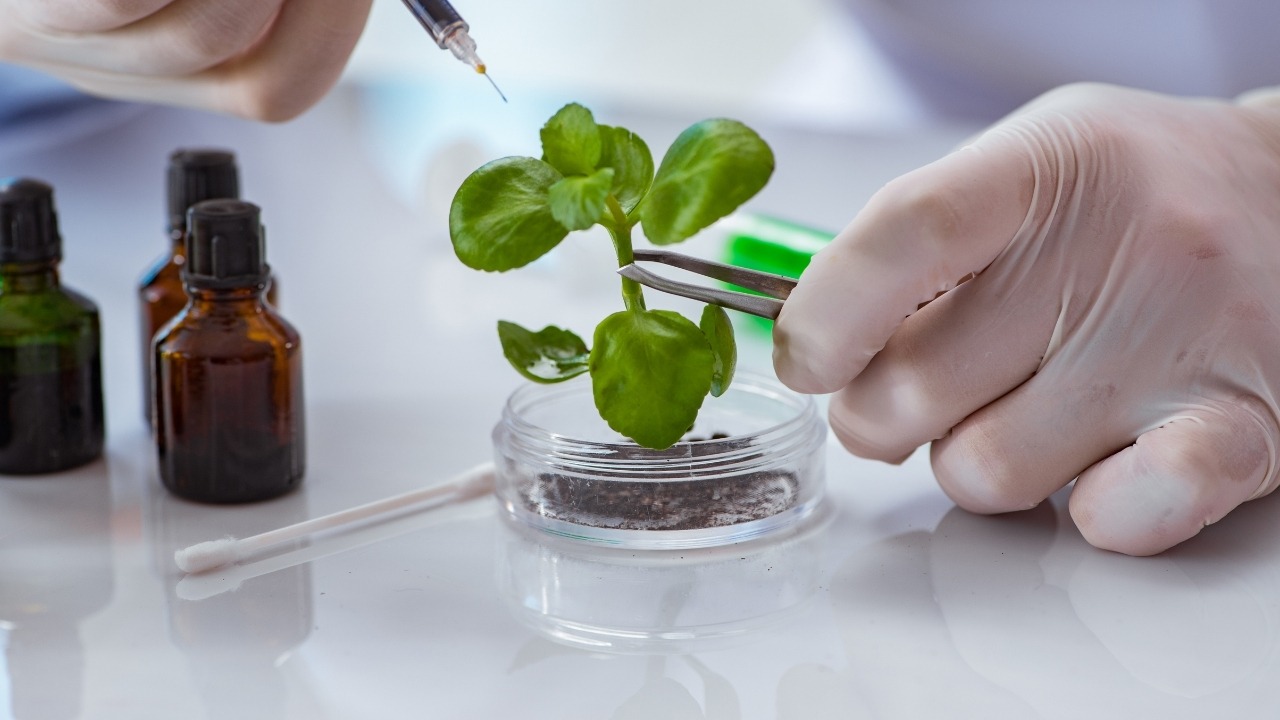The Impact of Technology on Agriculture
The agricultural sector, a cornerstone of human civilization, has experienced remarkable transformations due to technological advancements. From the days of manual plowing and primitive tools to the modern era of precision farming and biotechnology, technology has reshaped agriculture in profound ways. This article delves into the myriad impacts of technology on agriculture, highlighting how it has enhanced productivity, sustainability, and efficiency.
The Evolution of Agricultural Technology
Agriculture's journey through technological evolution can be divided into several key phases:
Early Innovations: The advent of the plow, irrigation systems, and crop rotation techniques marked the initial phase of agricultural technology. These innovations increased yield and allowed for the cultivation of a wider variety of crops. Industrial Revolution: The 18th and 19th centuries brought mechanization with the invention of tractors, harvesters, and threshers. These machines drastically reduced labor and time required for farming activities.
Industrial Revolution: The 18th and 19th centuries brought mechanization with the invention of tractors, harvesters, and threshers. These machines drastically reduced labor and time required for farming activities.
Green Revolution: The mid-20th century saw the introduction of high-yield crop varieties, synthetic fertilizers, and pesticides, significantly boosting food production and preventing famines in many parts of the world. Digital Revolution: The late 20th and early 21st centuries introduced digital technologies, including computers, GPS, and the internet, which laid the foundation for the current era of precision farming and smart agriculture.
Digital Revolution: The late 20th and early 21st centuries introduced digital technologies, including computers, GPS, and the internet, which laid the foundation for the current era of precision farming and smart agriculture.
Modern Technological Innovations in Agriculture
Precision Farming
Precision farming utilizes GPS technology, remote sensing, and IoT (Internet of Things) devices to monitor and manage agricultural processes with high accuracy. it's components include:
Soil Sensors: These sensors provide real-time data on soil health, moisture levels, and nutrient content, enabling farmers to apply water and fertilizers more efficiently. Drones: Equipped with multispectral and thermal cameras, drones offer aerial surveillance of fields, detecting issues like pest infestations, crop diseases, and water stress early.
Drones: Equipped with multispectral and thermal cameras, drones offer aerial surveillance of fields, detecting issues like pest infestations, crop diseases, and water stress early.
GPS-guided Equipment: Tractors and harvesters with GPS guidance systems ensure precise planting, fertilization, and harvesting, reducing waste and increasing yield.
Biotechnology
Biotechnology has revolutionized crop and livestock production through genetic engineering and molecular biology techniques. Significant advancements include: Genetically Modified Organisms (GMOs): GMOs are engineered to resist pests, diseases, and harsh environmental conditions, leading to higher yields and reduced reliance on chemical pesticides.
Genetically Modified Organisms (GMOs): GMOs are engineered to resist pests, diseases, and harsh environmental conditions, leading to higher yields and reduced reliance on chemical pesticides.
CRISPR Technology: CRISPR-Cas9 allows for precise editing of plant genomes, enabling the development of crops with desirable traits such as drought tolerance and improved nutritional content.
Automated Machinery
Automation in agriculture has led to the development of advanced machinery that performs various farming tasks with minimal human intervention:
Robotic Harvesters: These machines can pick fruits and vegetables with greater efficiency and accuracy than human labor, reducing damage to crops.Autonomous Tractors: Self-driving tractors equipped with AI and machine learning algorithms can plow, plant, and harvest crops autonomously, optimizing field operations and reducing labor costs.
Data Analytics and Artificial Intelligence
Big data analytics and AI play a crucial role in modern agriculture by analyzing vast amounts of data to make informed decisions:
Predictive Analytics: By analyzing weather patterns, soil conditions, and historical yield data, predictive analytics can forecast crop performance and guide planting and harvesting schedules.
AI-driven Decision Support Systems: These systems provide recommendations on crop management practices, pest control measures, and irrigation schedules, enhancing farm productivity and sustainability.
Sustainable Practices
Technological advancements have also promoted sustainable agricultural practices, helping to reduce the environmental impact of farming:
Vertical Farming: Utilizing LED lighting and hydroponic systems, vertical farming allows for the cultivation of crops in urban areas, reducing transportation costs and minimizing land use.
Conservation Tillage: Techniques such as no-till farming, supported by advanced machinery, help preserve soil structure, reduce erosion, and enhance carbon sequestration.
Challenges and Future Prospects
While the impact of technology on agriculture is overwhelmingly positive, several challenges remain:
Access and Affordability: Small-scale farmers, particularly in developing countries, often lack access to advanced technologies due to high costs and limited infrastructure.
Data Security and Privacy: The increasing use of digital tools raises concerns about data ownership, security, and privacy.
Environmental Concerns: Some technological practices, such as the overuse of chemical fertilizers and pesticides, can have adverse environmental effects if not managed properly.
Looking to the future, ongoing research and innovation hold promise for further advancements:
Climate-Resilient Crops: Continued development of crops that can withstand extreme weather conditions will be crucial in addressing climate change impacts.
Enhanced Automation: Future agricultural robots and autonomous systems will become more sophisticated, capable of performing a wider range of tasks with greater efficiency.
Integrated Farming Systems: The integration of various technologies, including AI, IoT, and blockchain, will create more interconnected and efficient farming systems, enhancing transparency and traceability in the food supply chain.
Conclusion
Technology has undeniably transformed agriculture, making it more productive, efficient, and sustainable. From precision farming and biotechnology to automated machinery and AI, these advancements have revolutionized how food is produced and managed. As we continue to innovate, it is essential to address the challenges and ensure that the benefits of technological advancements are accessible to all farmers, paving the way for a sustainable and food-secure future.



































































